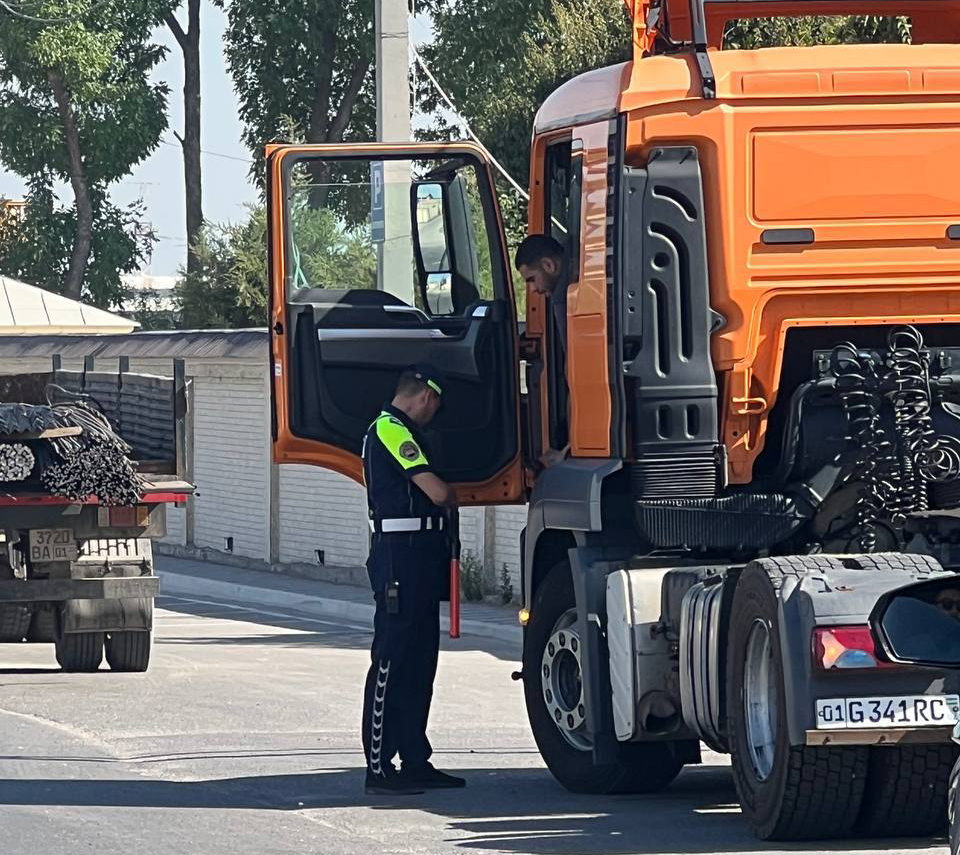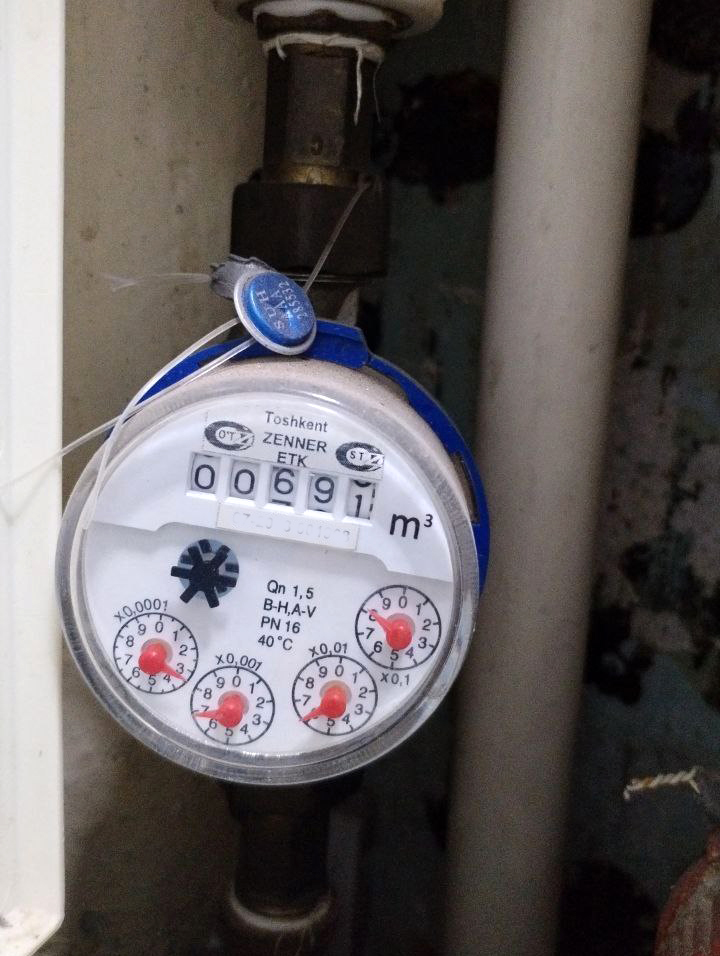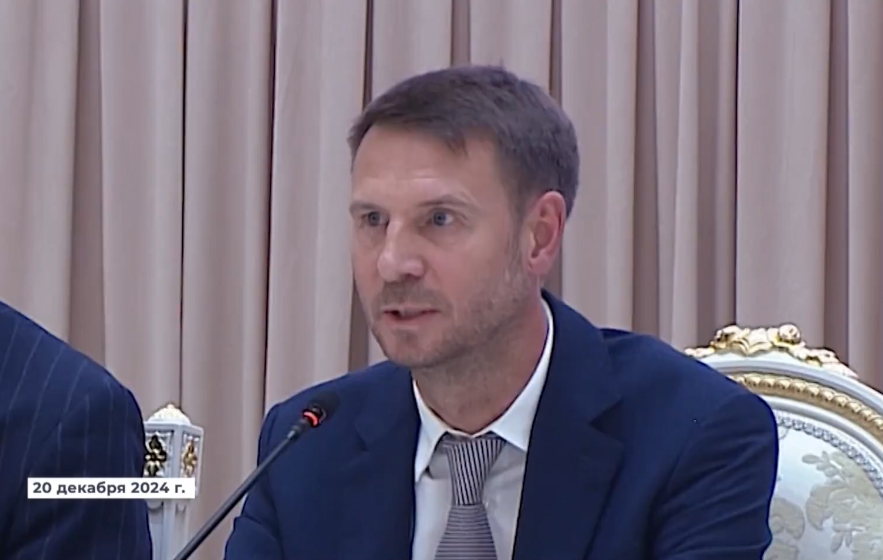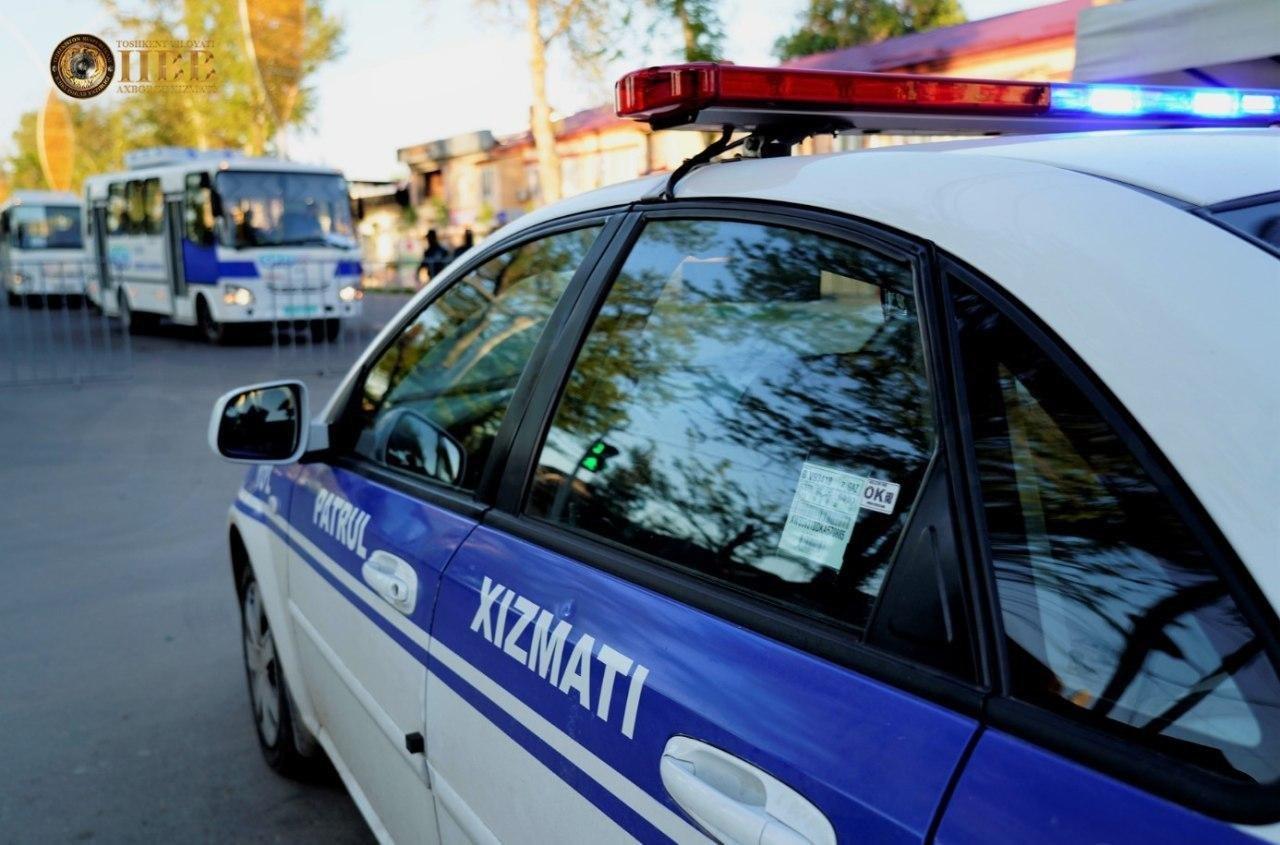This article is also available in:
Русский (Russian)
Uzbek
The President of Uzbekistan has signed a law introducing amendments to the Code of Administrative Responsibility. One of the main new provisions is a fine for truck drivers who violate lane rules by driving in the far-left lane.
This violation will now cost the driver 1/2 of the base calculation amount (BCA) — 187,500 soums. A repeated violation within a year increases the fine to 1 BCA (375,000 soums), a third violation incurs a fine of 3 BCAs (1.1 million soums), and a fourth and further violations will be penalized with a fine of 4 BCAs (1.5 million soums) or a six-month license suspension. In theory, this law should make roads safer and address the chaos that trucks cause on the roads. But will it bring real change?
Today, truck drivers frequently disregard rules, paying little attention to prescribed restrictions, and inspectors often overlook violations, even during peak hours when truck movement in the city is prohibited. Since March 1 of this year, Tashkent has enforced a ban on truck movement from 7:00 to 10:00 and from 17:00 to 21:00 to improve road conditions and reduce traffic. However, in practice, this ban is largely ignored as trucks continue to drive during these hours, creating additional congestion and increasing accident risk.
Enforcement of the ban generally occurs only at entry checkpoints, while violations within the city are largely unmonitored. As a result, many truck drivers violate the ban without fear of consequences.
How Can the Trucking Situation Be Improved on the Roads?
To improve the situation with trucks on the roads, enhanced control by inspectors is essential. Without this, any laws remain only on paper. The capital’s Traffic Police should not only monitor violations at entry checkpoints but also actively control truck movement within the city. Installing surveillance cameras in areas where rules are frequently violated could help automate the process and ensure timely detection of violations.
Another solution could be the creation of designated routes for trucks. Similar measures are already in place in major cities to minimize truck movement in central areas. In Uzbekistan, specific routes could also be designated to reduce road congestion and minimize traffic.
Additionally, the recent increase in fines could be made even more effective by extending accountability to companies. If companies had to pay large fines for every violation, it might motivate owners to ensure that all drivers comply with traffic rules.
It may also be beneficial to encourage nighttime trucking. Instead of restricting daytime movement, conditions could be created for nighttime operations by providing tax incentives and improving infrastructure for nighttime transport, such as creating safe, well-lit parking areas.
Automating the violation tracking system could be a powerful tool. Cameras that record traffic violations would eliminate the human factor, increasing enforcement efficiency, and companies would quickly feel that non-compliance is not cost-effective.
Effective control and strict measures against violators are key steps toward improving road conditions, especially in a metropolis like Tashkent. Without them, this initiative risks remaining only on paper, while chaos on the roads continues.
The article may contain inaccuracies as it is translated by AI. For more details, please refer to the Russian version of the article. If you notice any inaccuracies, you can send corrections via the Telegram bot: Uzvaibik_bot.











